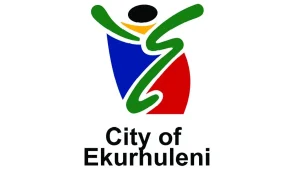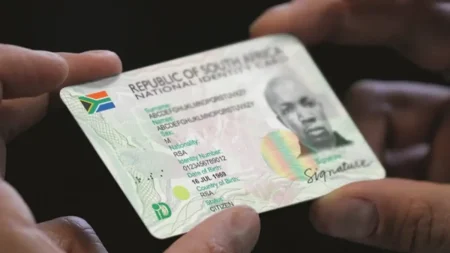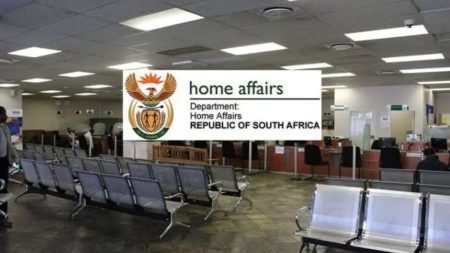The South African government, under the leadership of Small Business Development Minister Stella Ndabeni-Abrahams, is poised to launch a R500 million Spaza Shop Support Fund within the next two weeks. This initiative aims to bolster local small businesses, particularly township convenience shops and spaza stores, by providing much-needed financial and non-financial assistance.
Background and Objectives
The announcement follows the February 28 deadline for the registration of spaza shops and food-handling outlets, a move designed to ensure compliance with food safety standards and enhance the competitiveness of these businesses. The fund, a collaborative effort between the Department of Small Business Development (DSBD) and the Department of Trade, Industry and Competition (DTIC), allocates R150 million and R350 million respectively.
The primary objectives of the fund include:
Economies of Scale: Linking spaza shops and food-handling outlets to buying groups for bulk purchasing, thereby reducing costs and increasing profit margins.
Capacity Building: Offering training and support to improve shop operations, ensuring these businesses can compete effectively with larger retailers.
Market Competitiveness: Enhancing the ability of spaza shops and food-handling outlets to compete with larger retailers.
Support for Compliance
Recognizing the challenges and costs associated with becoming compliant, the government will provide non-financial support over the next six months to those who have applied but are not yet compliant. This assistance aims to facilitate adherence to necessary regulations without imposing undue financial burdens on small business owners.
Financial Assistance Details
To support start-up businesses, the department has outlined specific financial allocations:
Start-Up Assistance: A minimum allocation of R10,000 per needy business, enabling entrepreneurs to test the market and gauge demand.
Bulk-Buying Facilitation: An additional R40,000 to facilitate bulk purchasing of stock, allowing new businesses to operate more efficiently.
Infrastructure Support: A financial package worth R100,000, which includes R50,000 specifically allocated for infrastructure-related expenses, such as basic building necessities, to ensure compliance with regulations.
Minister Ndabeni-Abrahams acknowledged that the R500 million budget might not be sufficient given the significant size of the spaza shop industry. However, she emphasized the government’s commitment to assisting those most in need.
Outreach and Awareness
To further support this initiative, a multi-disciplinary outreach program is planned to bring government services closer to the people. This program will disseminate information on community convenience shops and available support offerings, ensuring that business owners are well-informed about the resources at their disposal.
Spaza Shop Registration Outcomes
In Gauteng province, the registration drive yielded the following results:
Total Applications: 17,617 spaza shops and food-handling facilities applied for registration, including 7,107 applications by foreign nationals.
Certificates Issued: 4,610 certificates of acceptability were issued, confirming compliance with basic food safety and hygiene requirements. Of these, 128 certificates were issued to foreign nationals.
Non-Compliance: 15,478 establishments were deemed non-compliant, with 498 closed immediately.
The City of Johannesburg recorded the highest number of registrations, while Ekurhuleni had the highest number of applications from foreign nationals, totaling 2,543.
Learn More: How to Verify a Spaza Shops Registration & What to Do If It’s Not
Eligibility Criteria
It’s important to note that the R500 million fund is exclusively available to South African citizens. Foreign nationals are required to have R5 million to invest in South Africa to start a business and, therefore, will not need the funding.
The R500 million Spaza Shop Support Fund represents a significant step toward empowering small businesses in South Africa. By providing financial assistance, facilitating compliance, and enhancing competitiveness, the government aims to create a more robust and equitable business environment, ultimately contributing to the nation’s economic growth.
Source: R500 million initiative to assist spaza shops in South Africa










